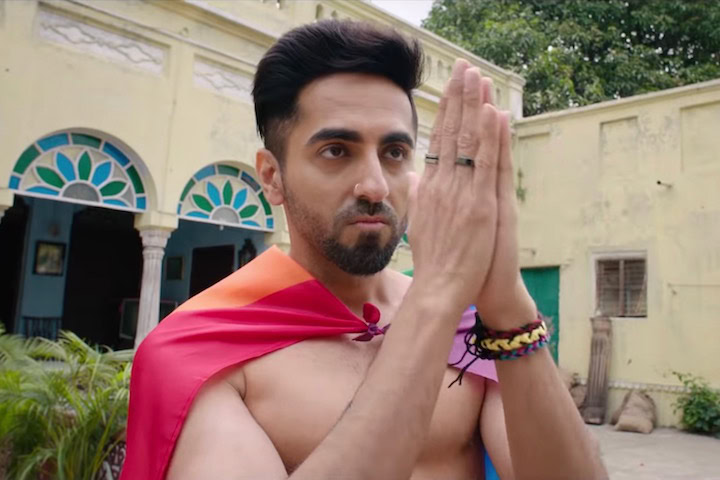
Queer meets Bollywood – and the new South Asian diaspora
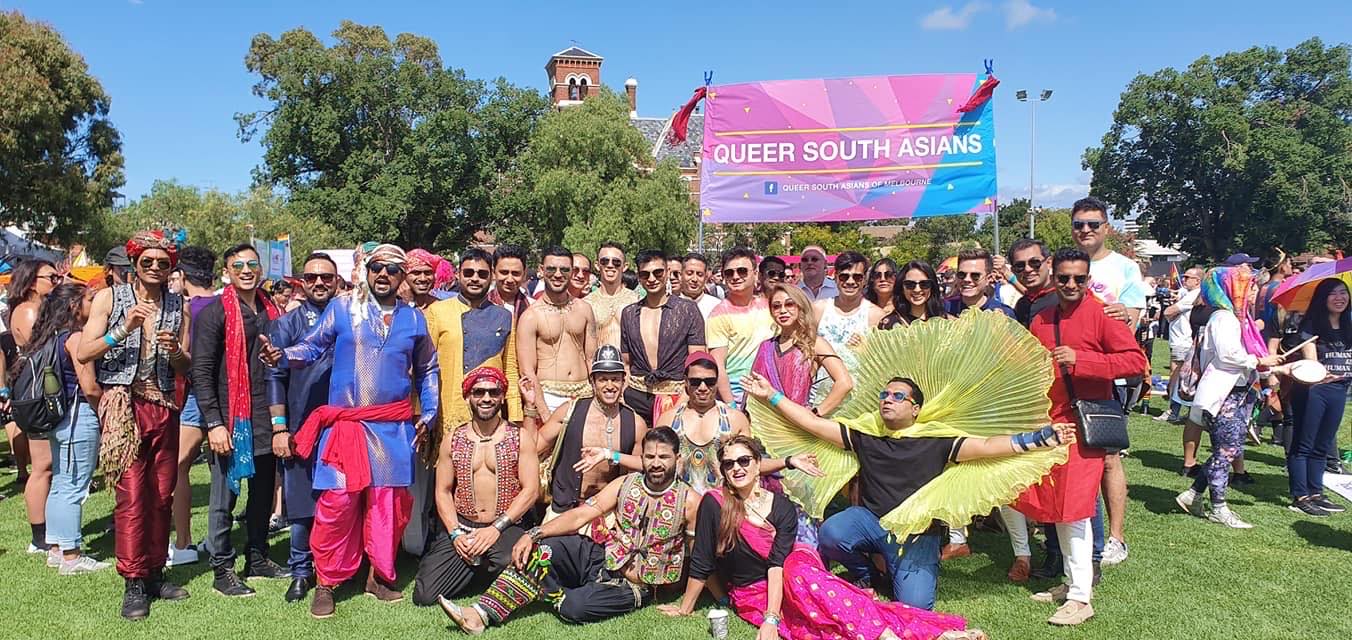
By Shibu Thomas
A recent conversation during post-Midsumma pride march celebrations at a Melbourne pub soon veered, as they inevitably do in South Asian groups, to Bollywood – and particularly in a shocking new film.
The movie in question, Shubh Mangal Zyada Saavdhan – loosely translated as Be Extra Careful of Marriage – is a new gay romantic comedy, starring Bollywood A-lister Ayushmann Khurrana (think, Bradley Cooper, Ryan Gosling) wooing his male lover and parents.
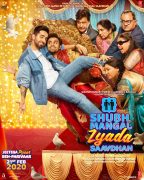
The pride celebrations and very visible queer culture in major Australian cities sometimes allow us to forget the fact that there are still communities where being out could lead to serious consequences. The Queer South Asian world – comprising immigrants from India, Pakistan, Sri Lanka, Nepal, Afghanistan, Bhutan and Maldives – face serious challenges, from lack of societal acceptance, subcontinental rivalries, and national politics to language and class barriers.
“It is a double-edged sword,” says Dylan Roberts, a second-generation Australian of Sri Lankan origin. “On the one hand you experience more freedoms here than in our countries of origin, but on the other you’re more likely to experience sexual racism or fetishisation based on your physical appearance that doesn’t take into account individual personalities and abilities.”
Nakul S Nig moved last year to Melbourne from Sydney, with his partner and two children. The lack of a LGBTQI+ Desi forum in Melbourne bothered him. (“Desi” is an umbrella term for South Asian diaspora communities) In November 2019, he along with a few friends, including Roberts, started a secret Facebook group, Queer South Asians of Melbourne. The group started with five members, within a few months grew to around 150 and in February 2020 marched in their first Midsumma Pride.
Over three percent of Melbourne’s total population was born in South Asia. Going by known estimates there should at least be a few thousand queer South Asians in Melbourne. “LGBTQI+ South Asians are a minority within a minority in Australia,” says Nig. “Nothing beats the sense of belonging one gets when you mingle with others with a common and shared culture, experiences and understanding of each other’s struggles.”
Many have grown up with their sexuality stigmatised and worse: Colonial-era laws often criminalise same-sex relations. (India got rid of Section 377, which penalised same-sex relations, in 2018, but similar laws still exist in Pakistan, Bangladesh and Sri Lanka.) Queer South Asians seek inclusivity in the mainstream LGBTQI+ spaces in Australia, but also tackle prejudices and hate within the larger South Asian community. Dylan acknowledges that another challenge for the group is to practise what it preaches so that the group is inclusive of gender and trans diverse identities.
That is where a film like Shubh Mangal brings hope, points out Dylan. Bollywood’s treatment of queer issues has been problematic, till recently. Over the last decade, Hindi films like My Brother…Nikhil, I Am, Aligarh, Margarita With A Straw and Kapoor & Sons have pushed the envelope with strong LGBTQ lead characters. Shubh Mangal stands apart by turning the Bollywood commercial genre on its head with a queer twist to its song and dance numbers. In turn, the film is generating conversations, sometimes uncomfortable, around what it means to be queer and Desi.
A poignant moment in the film is when the father asks the protagonist, “You have fought with me, but how will you fight the world?”
He replies back, “For me you are the world!”
“That’s the crux of coming out story for most queer South Asians,” says Nig. Others probably do not understand the role and place the family has in South Asian cultures. The biggest hurdle and struggle is coming out to one’s family and getting their acceptance,” he says. He reveals conversations with his friends from his hometown in Lucknow, India, who say the film’s theme is making way for discussions in families. “I don’t believe this movie will change perceptions overnight, but it will open doors for debate and discussion,” he says.
Queer South Asians of Melbourne (QSAM) is on Facebook. The movie Shubh Mangal Zyada Saavdhan releases in Australia on February 21, 2020. QSAM has organised a special screening of the movie on February 22. Tickets are available here: trybooking.com/BIHTM
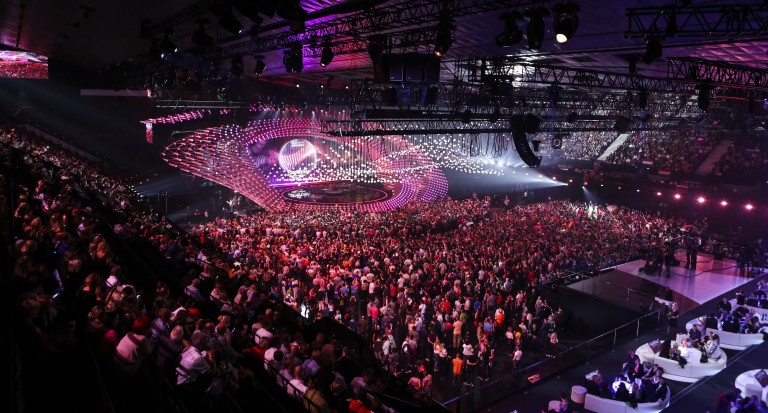

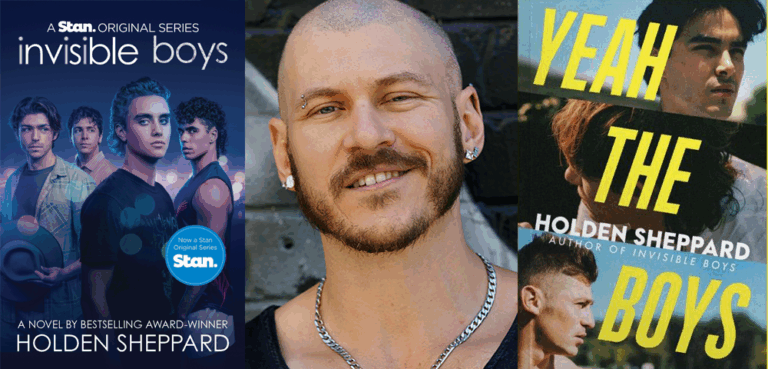
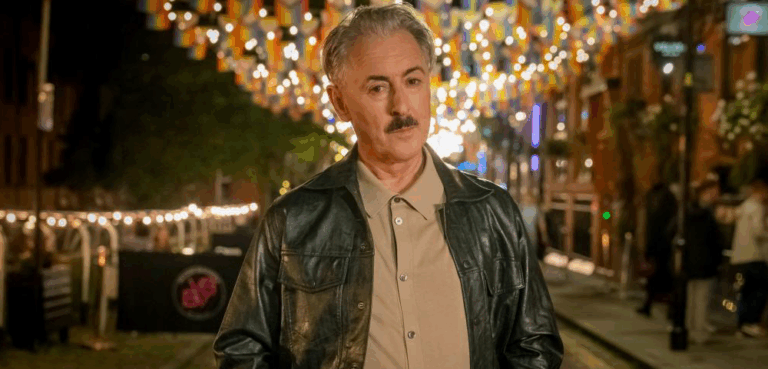
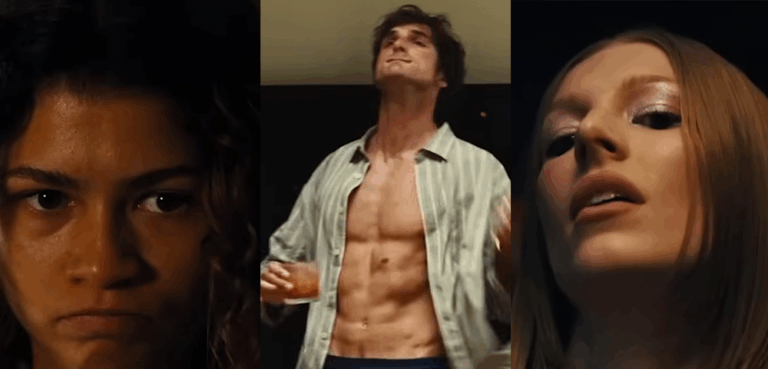
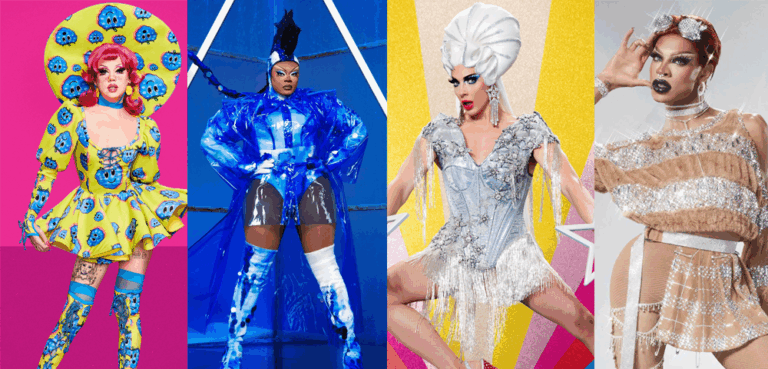

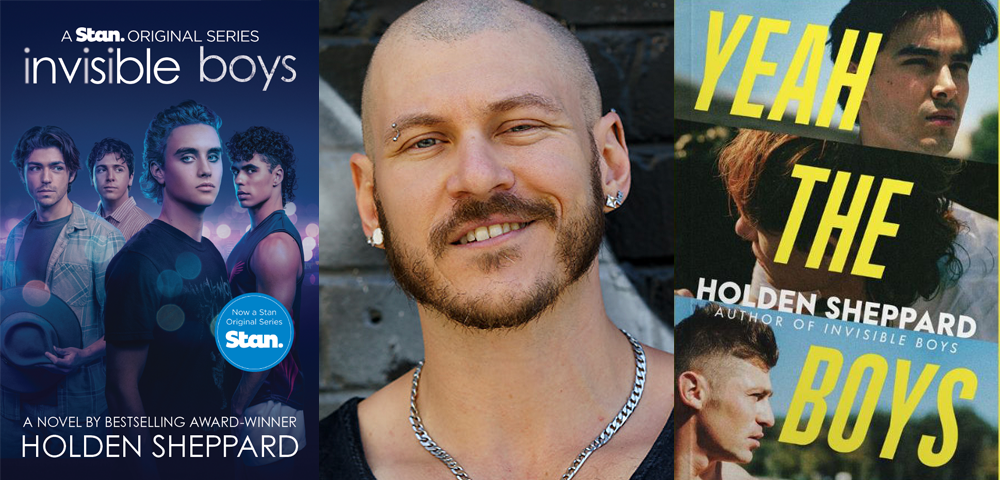
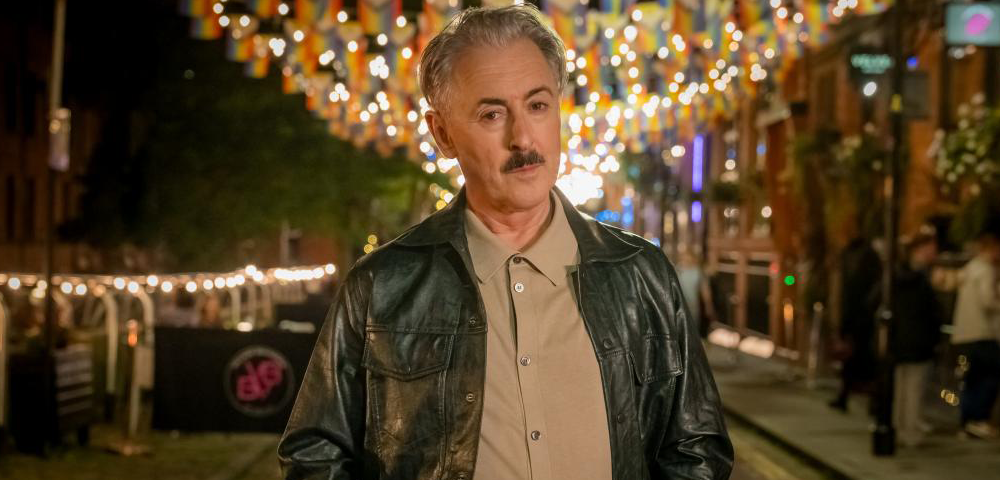
Well written article by fellow Indian Shibu Thomas who interviewed me. The movie is being released today and we are waiting with great anticipation, let’s see how this movie will be received. The movie “Fire” about a lesbian romance faced a lot of pushback and was taken off theatres.